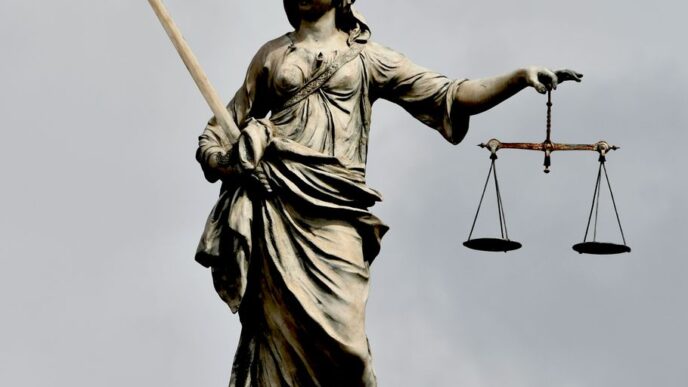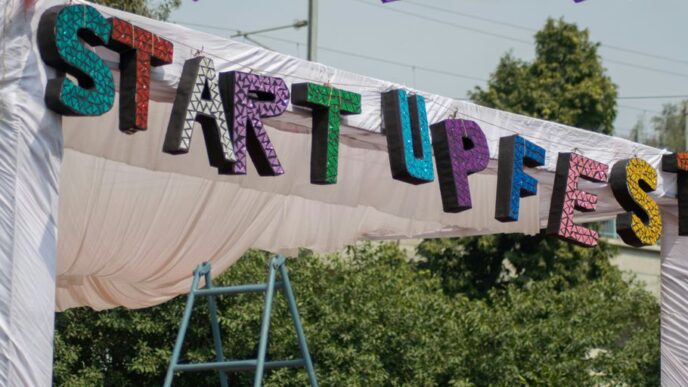A recent consultation on UK copyright law has ignited a fierce debate, with critics arguing that the proposed changes disproportionately benefit artificial intelligence (AI) companies at the expense of the creative industries. Prominent figures, including crossbench peer Beeban Kidron, have voiced concerns that the government’s plans will lead to a significant transfer of wealth from artists and creators to tech giants.
Key Takeaways
- The UK government is considering changes to copyright law that may favor AI firms.
- Critics argue that these changes could undermine the creative industries, which contribute significantly to the UK economy.
- Proposed options include relaxing copyright restrictions for AI developers, allowing them to use creative works with minimal oversight.
The Controversial Proposal
The UK government has put forward a consultation that includes four potential options for amending copyright law. Among these, a preferred scenario suggests relaxing restrictions for AI developers, enabling them to train their algorithms on creative works without needing explicit permission from the creators. This has raised alarms among advocates for the creative sector, who fear that such a move would lead to a “wholesale” transfer of wealth from artists to tech companies.
Beeban Kidron, an award-winning film director and a vocal opponent of the proposed changes, stated, "We’ve got an open consultation but that consultation is fixed and inadequate." She argues that the government’s approach undermines its own growth agenda by jeopardizing the creative industries, which contribute approximately £126 billion to the UK economy.
Proposed Options for Copyright Law Changes
The consultation outlines four main options:
- Relax Copyright Restrictions: Allow AI companies to use creative works with a requirement to flag the sources and provide an opt-out for creators.
- Maintain Current Regulations: Keep the existing copyright laws unchanged.
- Licensing Requirement: Mandate AI firms to seek licenses for using copyrighted material.
- No Opt-Out: Permit AI companies to use copyrighted works without any opt-out option for creators.
The Impact on Creative Industries
Critics, including Kidron, argue that the proposed changes would disproportionately benefit the tech sector, which is already seen as extracting profits without adequately compensating the creators of the content it relies on. Kidron emphasized that the creative industries employ around 2.4 million people in the UK, and the government’s plans could jeopardize their livelihoods.
Kidron has introduced amendments aimed at ensuring that AI companies adhere to UK copyright law, regardless of their location. These amendments would require transparency regarding how and when copyrighted material is used in AI systems, addressing concerns about unauthorized use of creative works.
Government’s Response
In response to the backlash, a government spokesperson stated that the consultation remains open and aims to balance the interests of all parties involved. They emphasized the importance of creating a practical plan that enhances control for rights holders while providing AI developers access to high-quality material for training their models.
Technology Secretary Peter Kyle acknowledged the challenges posed by the current copyright landscape, stating that it is “not tenable.” He expressed a commitment to working closely with both the tech sector and creative industries to find solutions that respect the rights of creators while fostering innovation.
Conclusion
As the consultation progresses, the debate over the future of copyright law in the UK continues to intensify. With significant implications for both the creative and tech sectors, the outcome of this consultation could reshape the landscape of intellectual property rights in the age of artificial intelligence. The tension between innovation and the protection of creative rights remains a critical issue that will require careful consideration from policymakers.














